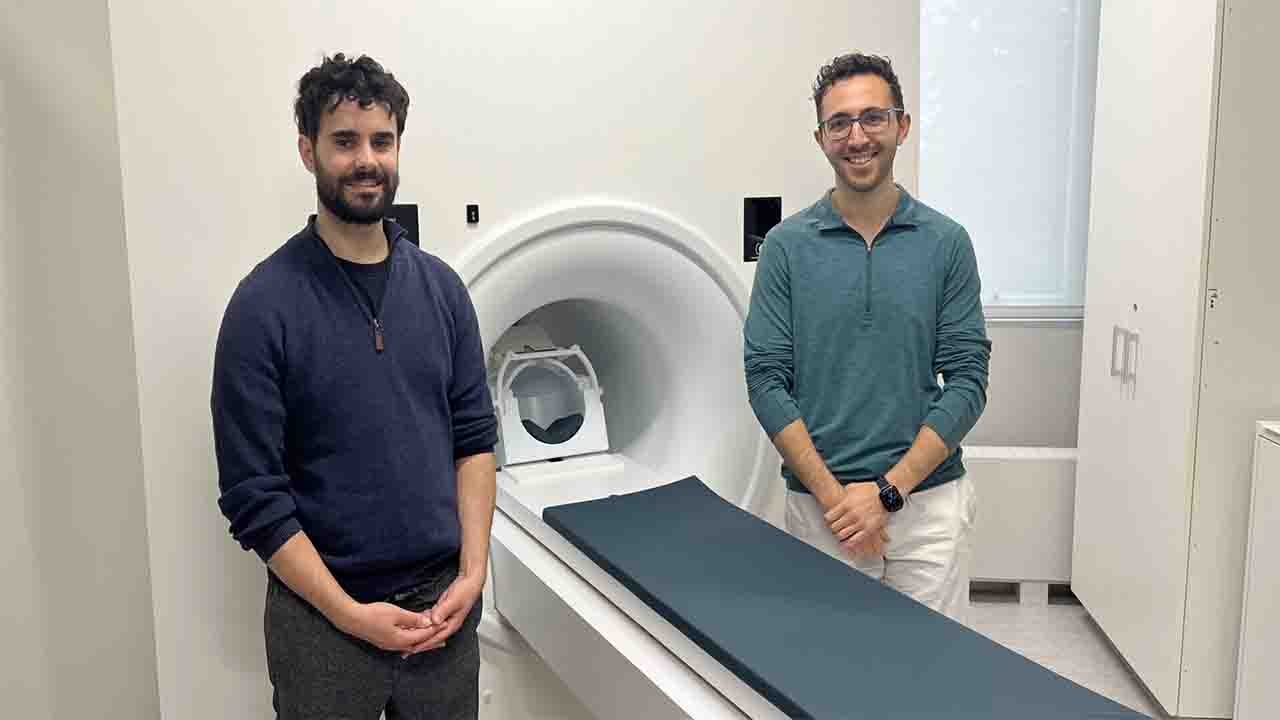Health Canada (Commonwealth Union) – Artificial Intelligence (AI) has become a game-changer in the field of medicine, revolutionizing the way healthcare is delivered, diagnoses are made, and patient outcomes are improved. From advanced diagnostic tools to personalized treatment recommendations, AI is transforming the healthcare landscape. In this article, we will explore the wide-ranging applications of AI in medicine and how it is reshaping the future of healthcare.
One of the most significant contributions of AI in medicine is its ability to assist in early disease detection and diagnosis. AI-driven algorithms can analyze vast amounts of medical data, including medical images, genomic data, and electronic health records (EHRs), to identify subtle patterns that might be missed by human practitioners. For example, in the field of radiology, AI can assist in the early detection of cancers, such as breast cancer, lung cancer, and melanoma, by analyzing medical images with exceptional accuracy and speed. This early detection can significantly increase a patient’s chances of successful treatment.
Two graduate students at Western University have pioneered an innovative approach to predict the survival of patients with severe brain injuries in intensive care units (ICUs).
Matthew Kolisnyk and Karnig Kazazian have harnessed the power of functional magnetic resonance imaging (fMRI) in conjunction with cutting-edge machine learning techniques to address one of the most intricate challenges in critical care.
Researchers pointed out that severe brain injuries, whether caused by stroke, cardiac arrest, or traumatic incidents, can irrevocably alter lives. When patients are admitted to the ICU, families grapple with profound uncertainty: Will their loved ones recover? Are they aware of their surroundings? Will they ever regain their former selves? These are fundamental questions, and even healthcare professionals often grapple with uncertainty regarding the prospects of a positive recovery.
Both graduate students are pursuing their PhDs at the Schulich School of Medicine & Dentistry under the guidance of the renowned neuroscientist Adrian Owen.
Adrian Owen indicated that for years, they have lacked the tools and techniques to ascertain who will survive a severe brain injury.
To tackle this challenge, an interdisciplinary team of researchers at Western, in collaboration with neurologists at London Health Sciences Centre and Lawson Health Research Institute, worked to find a solution. Leading this effort was Loretta Norton, a psychology professor at King’s University College at Western, who was among the first researchers globally to measure brain activity in the ICU setting.
The team conducted brain activity assessments on 25 patients in one of London’s two ICUs within the initial days following severe brain injuries, aiming to determine whether these measurements could predict the likelihood of survival.
“We previously found that information about the potential for recovery in these patients was captured in the way different brain regions communicate with each other,” said Norton. “Intact communication between brain regions is an important factor for regaining consciousness.”
The pivotal moment came when the team recognized the potential of merging this imaging method with a form of artificial intelligence known as machine learning. Through this fusion, they achieved a remarkable 80 percent accuracy in predicting which patients would recover, surpassing the current standard of care.
Matthew Kolisnyk indicated that modern artificial intelligence has demonstrated remarkable predictive abilities. Integrating it with the established imaging techniques proved instrumental in improving the ability to forecast recovery outcomes.
Although this achievement is promising, the researchers acknowledge that the predictions are not flawless and necessitate additional research and rigorous testing for refinement.
Kazazian also says “Given that these models learn best when they have lots of data, we hope our findings will lead to further collaborations with ICUs across Canada.”
The findings appeared in the Journal of Neurology and are likely to further contribute he rapid advancement of AI in medicine.








